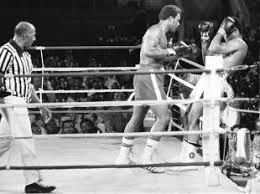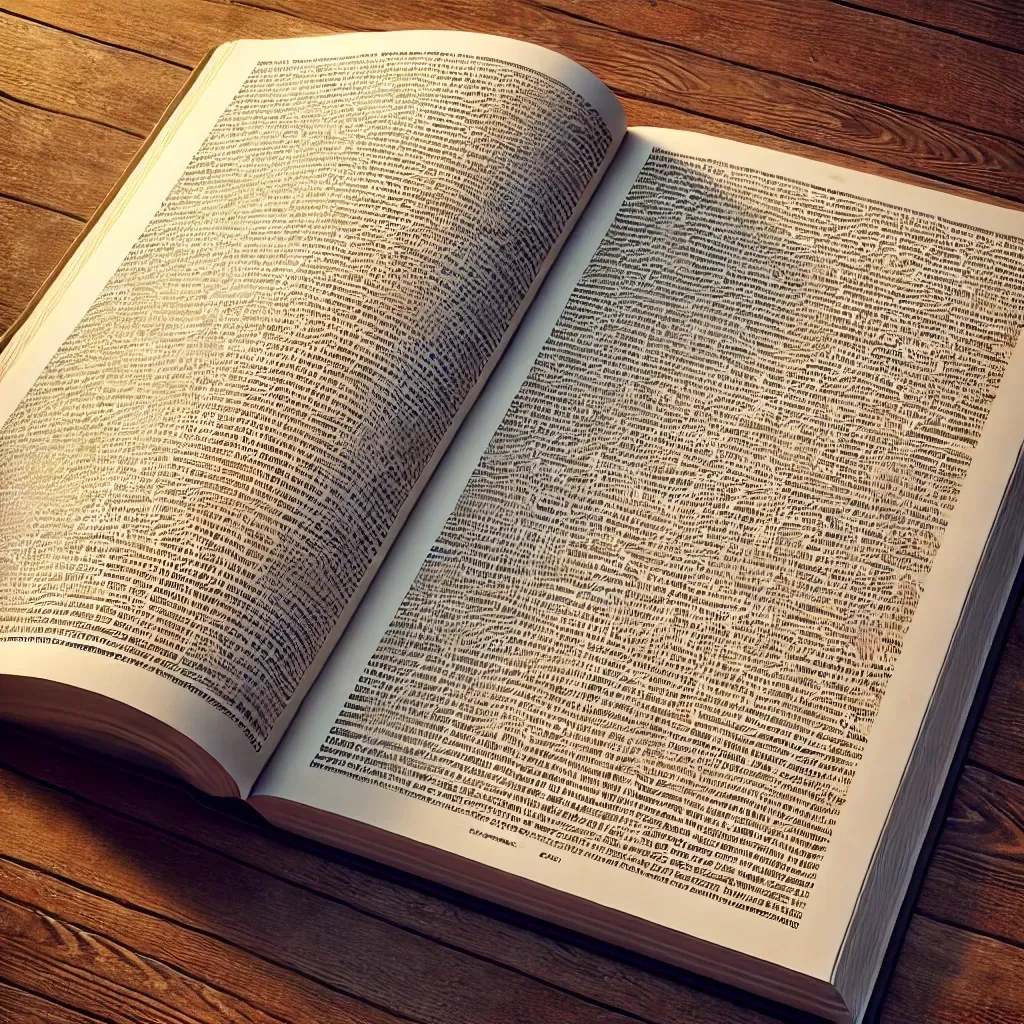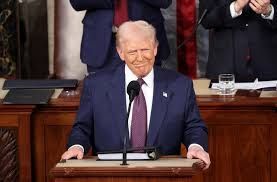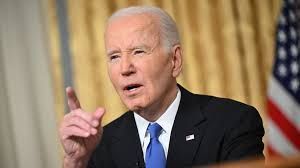Nib #64 When Lincoln Wrote Badly on Purpose
Abraham Lincoln was the best writer to ever serve as president. His speeches and letters ring with the poetic rhythms of Shakespeare and the King James Bible. The moral clarity of his prose is part of how he led the United States through the Civil War — and earned his unique position in our history.
Why, then, is the most important document he ever penned a clunky, impenetrable, legalistic slog?
The operative sections of the Emancipation Proclamation comprise some 648 words organized into just seven sentences: 92 words a pop!
The literary artist who gave us “of the people, by the people, for the people” and “with malice toward none, with charity for all” also subjected us to this:
"the Executive will, on the first day of January aforesaid, by proclamation, designate the States and parts of States, if any, in which the people thereof, respectively, shall then be in rebellion against the United States; and the fact that any State, or the people thereof, shall on that day be, in good faith, represented in the Congress of the United States by members chosen thereto at elections wherein a majority…”
What gives? Did Lincoln suddenly forget how to write? Of course not. The Emancipation Proclamation, like most of what Lincoln wrote, is brilliantly written — for its intended audience and purpose.
Lincoln’s most famous oratory — like the Gettysburg Address and Second Inaugural — was written to inspire the moral courage and republican patriotism of everyday Americans. The Emancipation Proclamation, while serving a heroic moral cause, was specifically written to downplay its own moral heroism. It was couched as “a fit and necessary war measure” — a targeted, tactical move to undermine the Confederacy, not a world-historical triumph of human rights.
Lincoln needed the Proclamation to stand up in court. He needed it to not spook border states. In short, he needed the Emancipation Proclamation to come across as moderate, procedural, even “squishy.” Not because Lincoln himself was soft on slavery, but because he knew that in this case, boring, Jesuitical legalisms was the best way to achieve his ends.
Speechwriters in our hyperventilating political discourse today should go to school on Lincoln’s persuasive strategy here. Honest Abe was perfectly capable of making the Emancipation Proclamation a fiery polemic or a poetic symphony.
But he knew doing so would have undermined his purpose. Lincoln’s camouflaging of the Proclamation’s moral significance in inaccessible bureaucratic jargon is why it worked.
Lincoln succeeded in grand oratory and in stealth persuasion because he wrote for the audience and the purpose, not for his ego. Toning down one’s rhetoric for skeptical audiences is not a sign of weakness, but of political and literary skill.
There is nothing inherently wrong with pulling on heartstrings, or logical argument, or hot-blooded partisan attack, or gentle suasion. Writers should learn how to use all of them — and just as importantly, when.
Until next week… keep writing!



All Rights Reserved 2024 Inkling Communications | Privacy Policy
Website Designed By Royals Advertising








